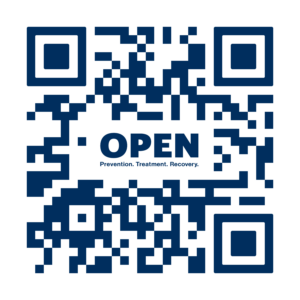
Join us for an insightful webinar where we will delve into the systemic challenges that rural healthcare settings face in providing effective pain management after surgery. We will discuss the latest best practices in pain management and opioid prescribing specifically tailored for rural populations. Additionally, we will identify practical strategies for implementing these best practices to enhance postoperative outcomes. This session aims to equip healthcare professionals with the knowledge and tools to optimize pain management protocols in rural areas.
Accreditation Statement: This activity has been planned and implemented in accordance with the accreditation requirements and policies of the Accreditation Council for Continuing Medical Education (ACCME) through the joint providership of MyMichigan Health and OPEN: Overdose Prevention Engagement Network. MyMichigan Health is accredited by the Michigan State Medical Society (MSMS) to provide continuing medical education for physicians. MyMichigan Health designates this live activity for a maximum of 1 AMA PRA Category Credit(s)TM. Physicians should claim only the credit commensurate with the extent of their participation in the activity.
Disclosure Statement: No planners, faculty, and others in control of content (either individually or as a group) have no relevant financial relationships with ineligible companies.